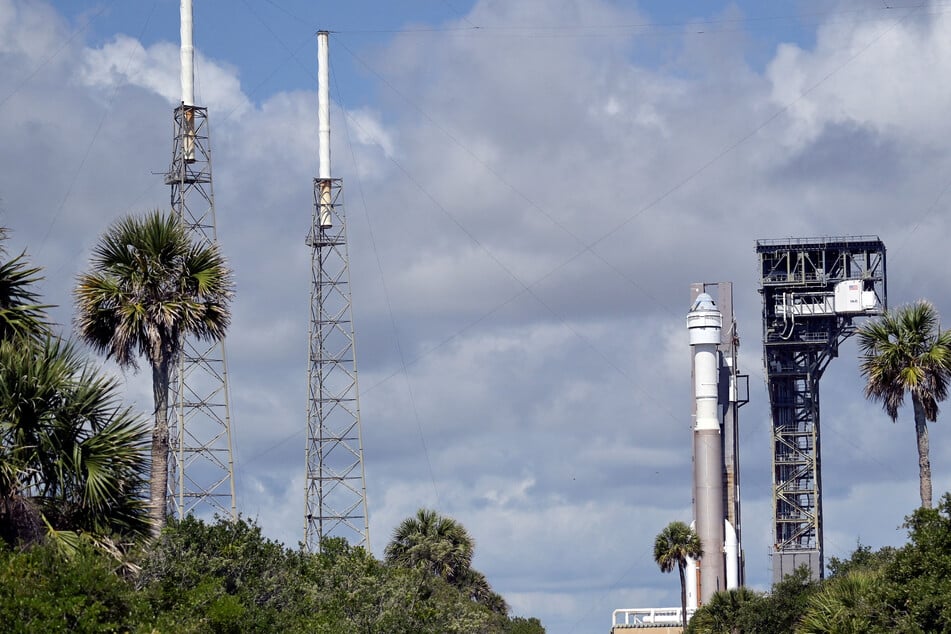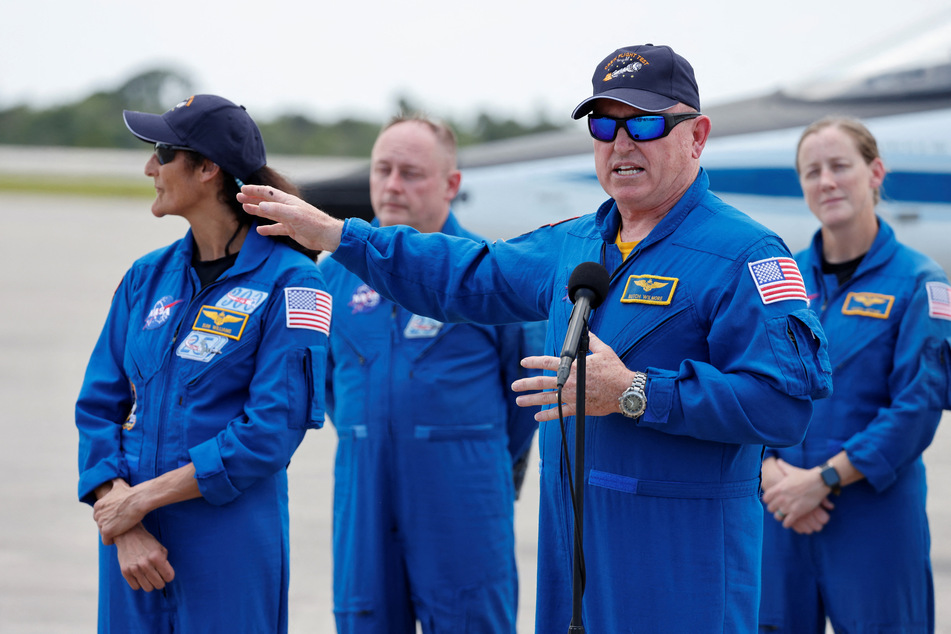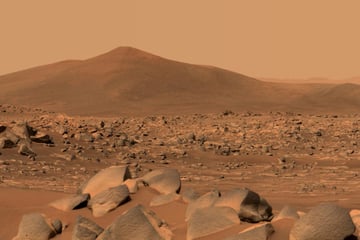Boeing's Starliner space launch dramatically called off in latest safety concern
Cape Canaveral, Florida - The first crewed flight of Boeing's Starliner spaceship was dramatically called off just two hours before launch after a new safety issue was identified, officials said Monday, pushing back a high-stakes test mission to the International Space Station.

Astronauts Butch Wilmore and Suni Williams were strapped into their seats preparing for liftoff when the call for a "scrub" came because engineers noticed audible buzzing from a liquid oxygen relief valve on the Atlas V rocket meant to propel the capsule into orbit.
In a late-night press conference, Tory Bruno, president and CEO of United Launch Alliance (ULA) that built the rocket, told reporters the unusual vibrations were a sign the valve parts might be wearing down to the point of failure, but insisted "the crew was never in any danger."
Engineers will now work through the night to determine the degree of deterioration and decide whether to re-fit the same part on the launchpad, or wheel the rocket back to its assembly building to install a new valve, he added.
ULA, a Boeing-Lockheed Martin joint venture, later said the next launch attempt would be Friday at the earliest.
"The team needs additional time to complete a full assessment, so we are targeting the next launch attempt no earlier than Friday, May 10," ULA said on X.
Boeing's safety woes complicate NASA plans

The mission has already faced years of delays and comes at a challenging time for Boeing as a safety crisis engulfs the manufacturer's commercial aviation division.
NASA is banking on a successful test for Starliner so it can certify a second commercial vehicle to carry crews to the ISS.
Elon Musk's SpaceX achieved the feat with its Dragon capsule in 2020, ending a nearly decade-long dependence on Russian rockets following the end of the Space Shuttle program.
In 2014, the agency awarded fixed-price contracts of $4.2 billion to Boeing and $2.6 billion to SpaceX to develop the capsules under its Commercial Crew Program. This marked a shift in NASA's approach from owning space flight hardware to instead paying private partners for their services as the primary customer.
Once Starliner is fully operational, NASA hopes to alternate between SpaceX and Boeing vessels to taxi humans to the ISS.
Following the decision to abort the launch, the astronauts, clad in blue spacesuits, were helped out of Starliner then boarded a van back to their quarters.
Cover photo: REUTERS

